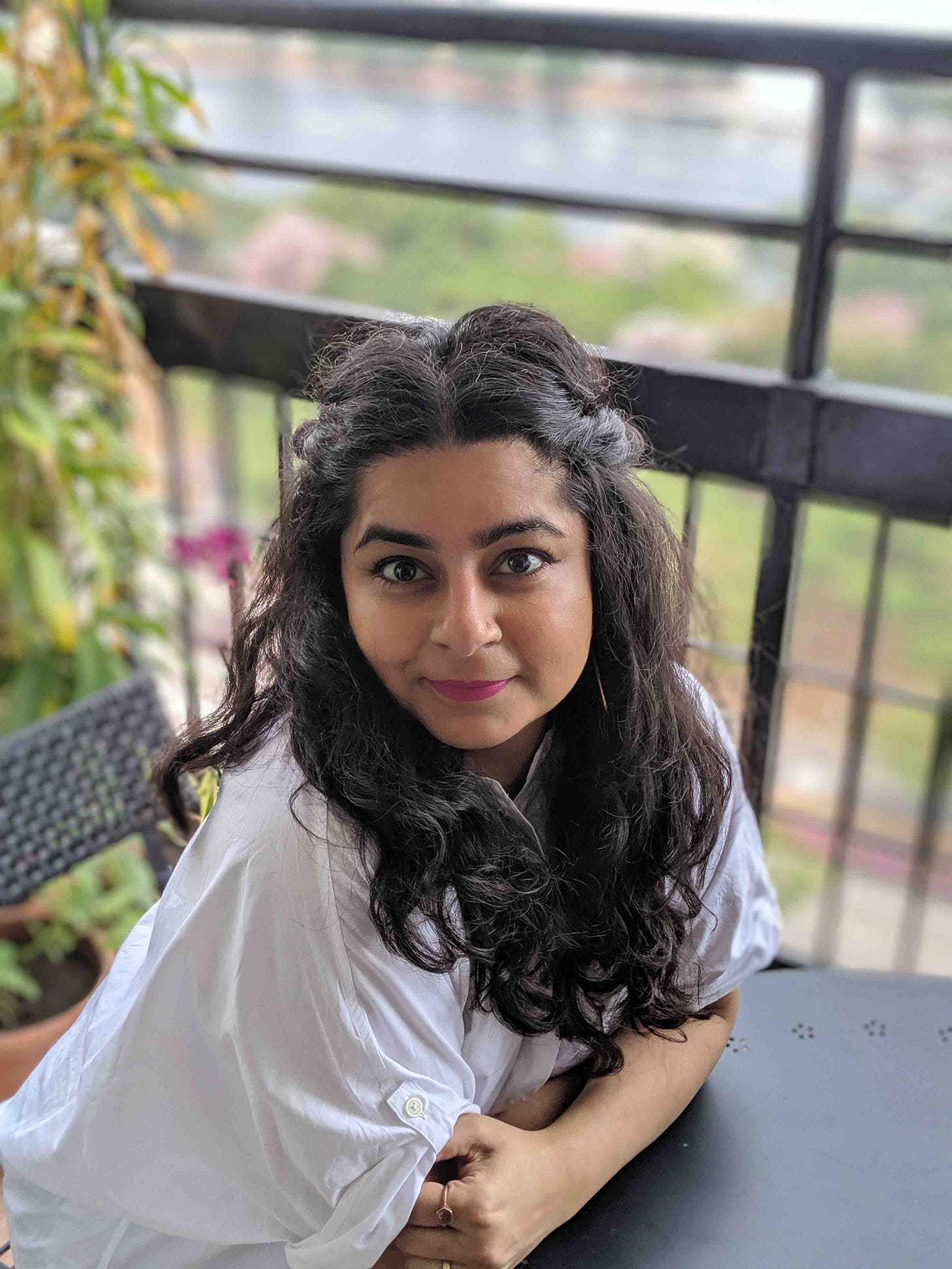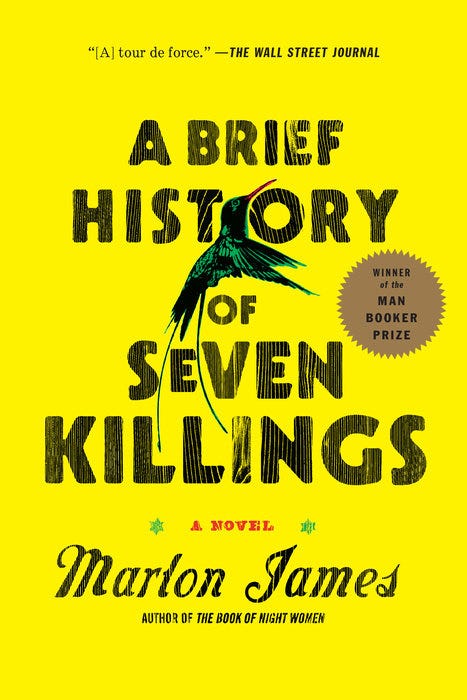A festival director's 5 favourite books that convey the power of language
“Language for me is my deepest connection to my own identity and my own history,” says Pooja Nansi of the Singapore Writers Festival
November is still a few weeks away, but I’m already thinking about the 22nd edition of the Singapore Writers Festival (SWF) – especially since this year’s theme is “A Language of Our Own”.
After all, have you ever considered the many ways language has shaped our thoughts, personality and lifestyle? Or how it has influenced our outlook, decisions and identity? Precisely.
Of course, knowing that authors such as Pico Iyer, Min Jin Lee and Marlon James are coming isn’t so bad either. Plus there are a lot of insightful panel discussions, exhibitions, workshops, and author readings to choose and learn from.
Language connects people
And through SWF, it allows us to discover someone like Pooja Nansi. The festival director of this year’s SWF, she’s a wonderful resource for all things language and SWF, as well as our next great read.
SWF satisfies our need to discover exciting authors, to read more, and to share our experiences and express our feelings through our love of books. Pooja can relate.
“Language for me is my deepest connection to my own identity and my own history,” she recounts.
“As a child of Gujarati immigrants who came to Singapore in the ‘80s when conversations about diversity were not as rife, I have always struggled (as most immigrants do) with straddling two worlds.
“At home, my dad would play old Urdu Ghazals, Hindi songs and Gujarati folk music on the radio all day long. In school I was learning Malay, and my convent school-educated mother was insistent that my English be grammatical and fluent. I realise now that having all those languages in my life has made me richer in my experiences,” she continues.
“Books have been a constant companion for me. My mother, having no childcare support, taught me to read early. I think she figured that if I was occupied with a book, she could get on with her day and I would be out of her hair. It worked.
“In my adult life, I also think a lot about how language provides access – to books, to worlds, to ideas,” she observes. “And a lack of access to language also means limits to your access to the world.”
That’s what SWF is here for
And Pooja too. To help inspire us in time for SWF, and to offer us a different perspective about the event, I asked Pooja to share and recommend five books – those that make her think about the idea of language and words, and how they’ve been effectively used to create compelling characters to tell a story.
#1 The God of Small Things by Arundhati Roy
“Roy writes prose like a poet. Her irreverence with words, and the way she broke the rules that prevented her from saying what she wanted, brought me back to the musical voices of my aunts and grandmothers. ‘Old. A viable die-able age’.”
#2 A Brief History of Seven Killings by Marlon James
“Firstly, this book contains 75 characters and just as many voices that go from Jamaican patois to biblical heights. I adore that he refuses to explain himself to readers, and that his characters speak as themselves and are situated in their worlds. As a reader you can enter, but James’ worlds carry on the way the busiest local markets do, whether tourists are around or not.”
#3 Like a Seed with Its Singular Purpose by Cyril Wong
“This was the first full collection of Singaporean confessional poetry I’d read as a young writer. Cyril Wong’s lyricism, his ability to create an image that twists a knife in you and keeps slowly turning for hours, is still aspirational for me.
“‘If emptiness is white, staring into that fluorescent light must be falling in love’.”
#4 Search for My Tongue by Sujata Bhatt
“This was the first poem I encountered that used Gujarati and English fluidly, and it discusses what it feels like to live with two tongues and worry about losing one. She uses not only the Gujarati script but romanised Gujarati, so the reader can feel the language in her mouth if she reads it out loud.”
#5 Magical Negro by Morgan Parker
“This is a collection of poems I only just finished reading a few months ago. It was wonderful to me how Parker used extremely contemporary language and challenged what ‘poetic language’ meant.”
That’s Pooja’s list. What’s in yours? See you at SWF!
The Singapore Writers Festival will be held at the Civic District from 01 to 10 November 2019. For updates and details, visit their site and follow them @sgwritersfest on Facebook, Twitter and Instagram.






